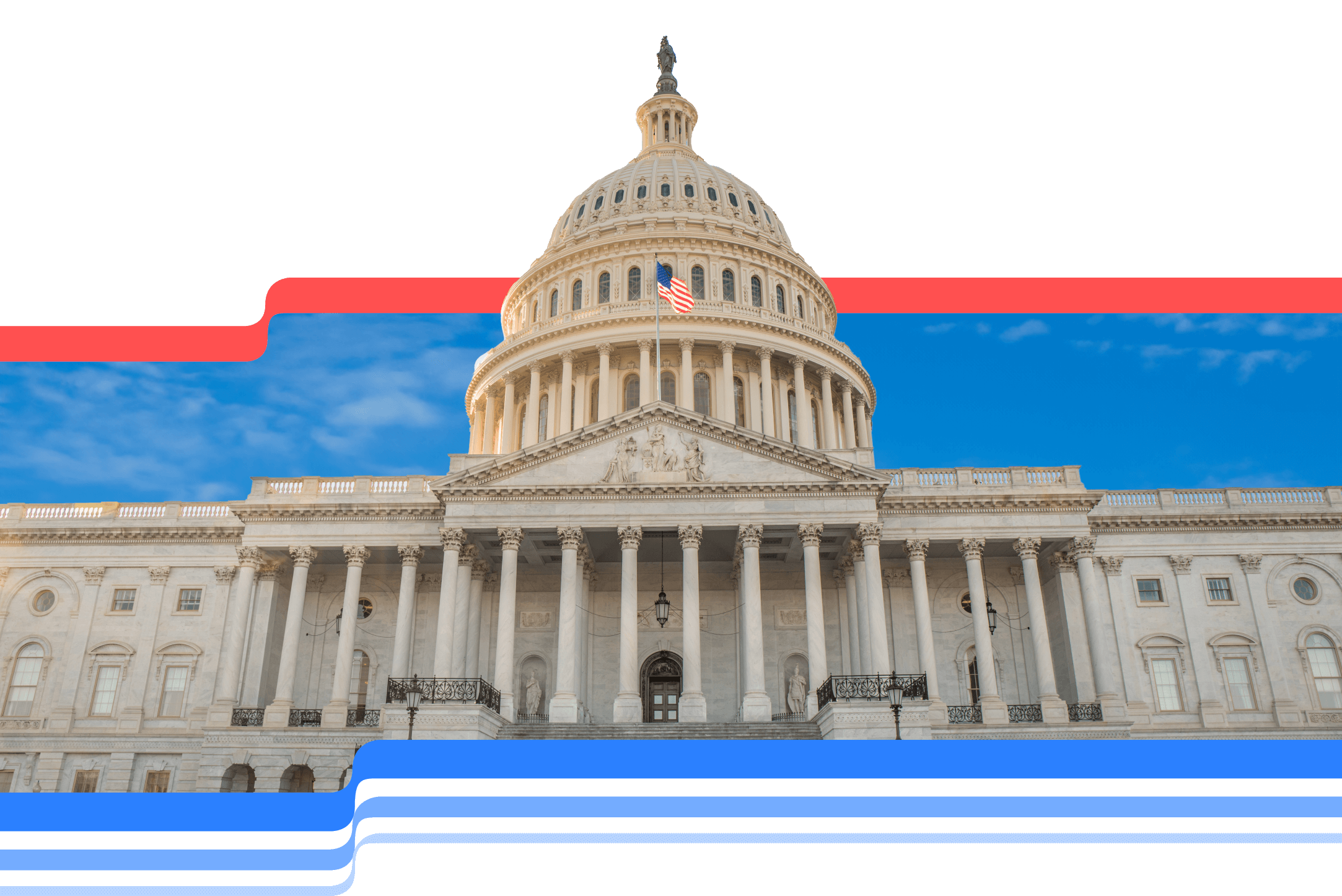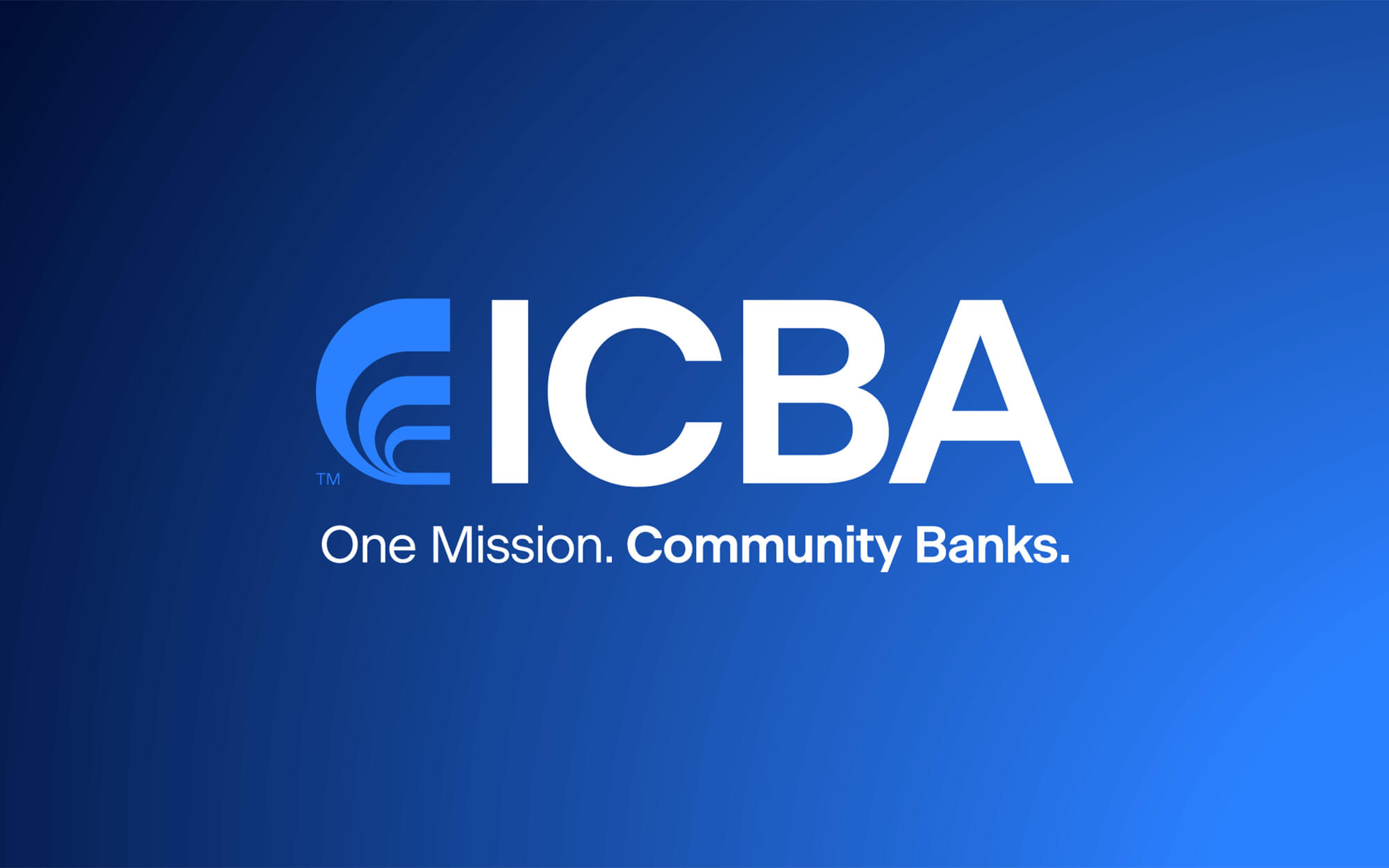|
Mr. Russell G. Golden |
Download this letter
Dear Chairman Golden:
The Independent Community Bankers of America (ICBA)[1] is writing to you today in the midst of an unprecedented health crisis that has temporarily placed considerable hardships on the nation’s communities that are served by community banks.
As you are already aware, community banks are well capitalized institutions with strong balance sheets. They are fully prepared to provide the critical banking services and temporary financial relief their diverse consumer and small business customers need to weather the economic strife caused by COVID-19.
Community banks will be called upon to play a critical role in getting money flowing in the areas they serve. As the recovery phase of this health crisis ramps up, the financial accounting standards surrounding the current expected credit loss model (CECL) and loan modifications like trouble debt restructurings (TDR) will be one of the biggest challenges and impediments to community banks as they seek to issue credit as quickly and efficiently as possible.
Interested in discussing this and other topics? Network with and learn from your peers with the app designed for community bankers. Join the conversation with ICBA Community.
Community banks are experts at tailoring lending products to meet their customer’s cash flow lending needs. When hardships occur, it is also community banks that are experts in providing economic relief and support to their customers to ensure that small businesses and consumers can get back on their feet quickly and stronger than before.
The ability of a community bank to make short-term and minor modifications to existing loans will provide these institutions with the tools they need to provide immediate relief in their communities.
According to the latest guidance issued by the banking agencies entitled “Interagency Statement on Loan Modifications and Reporting for Financial Institutions Working with Customers Affected by the Coronavirus” the agencies have confirmed with FASB that if a community bank works with a borrower who is current on existing loan(s) but who is experiencing temporary financial or operational problems as a result of COVID-19, that will not be considered a TDR when the bank provides temporary relief.
Furthermore, for modification programs designed to provide temporary relief for current borrowers affected by COVID-19, financial institutions may presume that borrowers that are current on payments are not experiencing financial difficulties at the time of the modification for purposes of determining TDR status, and thus no further TDR analysis is required for each loan modification in the program.
ICBA thanks FASB for this advice to the banking agencies and for its support for Main Street businesses. We encourage FASB to continue to seek targeted improvements in loan modification principles that can be applied to community banks to further bring economic relief to their customers.
Community banks that are now subject to the provisions of CECL and those that are set to become subject to CECL in 2023 may now be unable to devote the capital and resources necessary to ensure that CECL is properly adopted for 2020 and accounted for in the first quarter or is on the right track for implementation in 2023 as mandated by the Board.
Money and staff resources that would normally be allocated to CECL implementation and maintenance now must be diverted to credit delivery, loan modifications, renewed examiner scrutiny, and all other general work needed to bring communities back to sound financial footing.
I am asking for the Board to give all banks regardless of size the option to suspend the implementation of CECL until 2025 at the earliest. By further extending implementation of CECL an additional two years, the domestic financial system will be able to better focus its attention on the economic reality of today instead of concerning themselves with how their decisions will be reported in the financial statements under a CECL impairment framework.
ICBA recognizes the importance of the financial accounting model in development of robust financial statements that properly reflect the capitalization, financial condition, and performance of an enterprise. But it is clear to us that strict adherence to GAAP is not always in the best interests of our economy particularly when the country is faced with an unprecedented viral pandemic.
We commend you for your work so far and hope you will continue addressing our concerns to help minimize the impact to community financial institutions across the country and, in turn, their customers.
Sincerely,
Rebeca Romero Rainey
President & CEO
[1] The Independent Community Bankers of America® creates and promotes an environment where community banks flourish. With more than 52,000 locations nationwide, community banks constitute 99 percent of all banks, employ more than 760,000 Americans and are the only physical banking presence in one in five U.S. counties. Holding more than $4.9 trillion in assets, $3.9 trillion in deposits, and $3.4 trillion in loans to consumers, small businesses and the agricultural community, community banks channel local deposits into the Main Streets and neighborhoods they serve, spurring job creation, fostering innovation and fueling their customers’ dreams in communities throughout America. For more information, visit ICBA’s website at www.icba.org.






